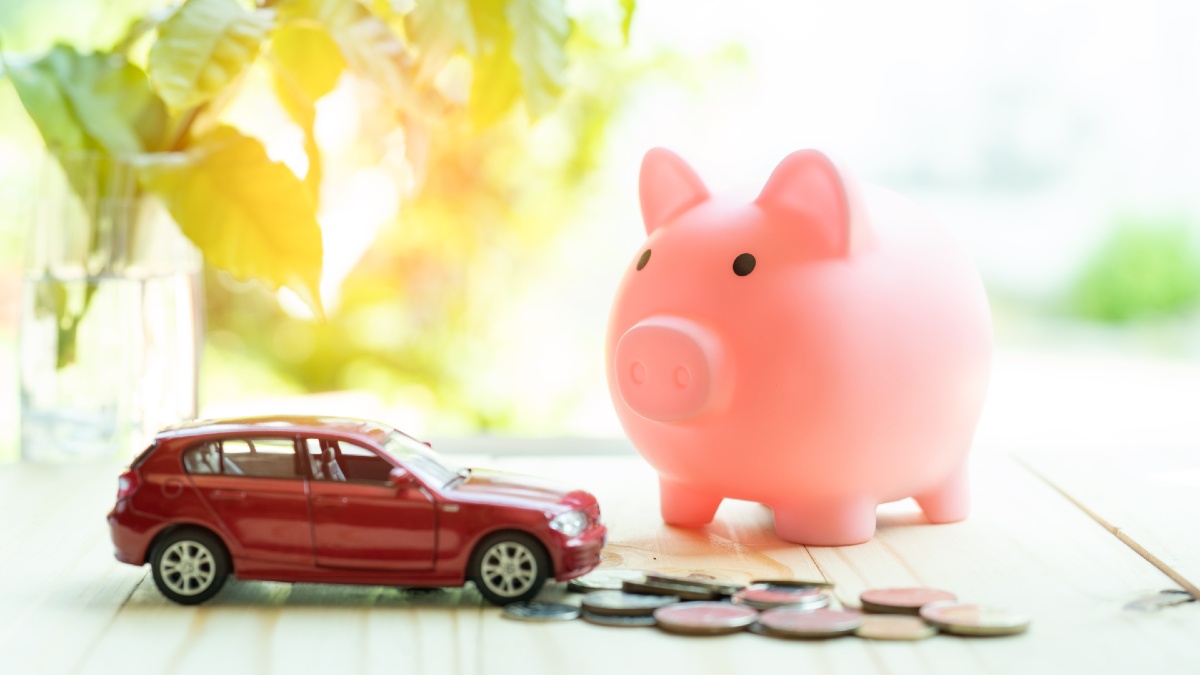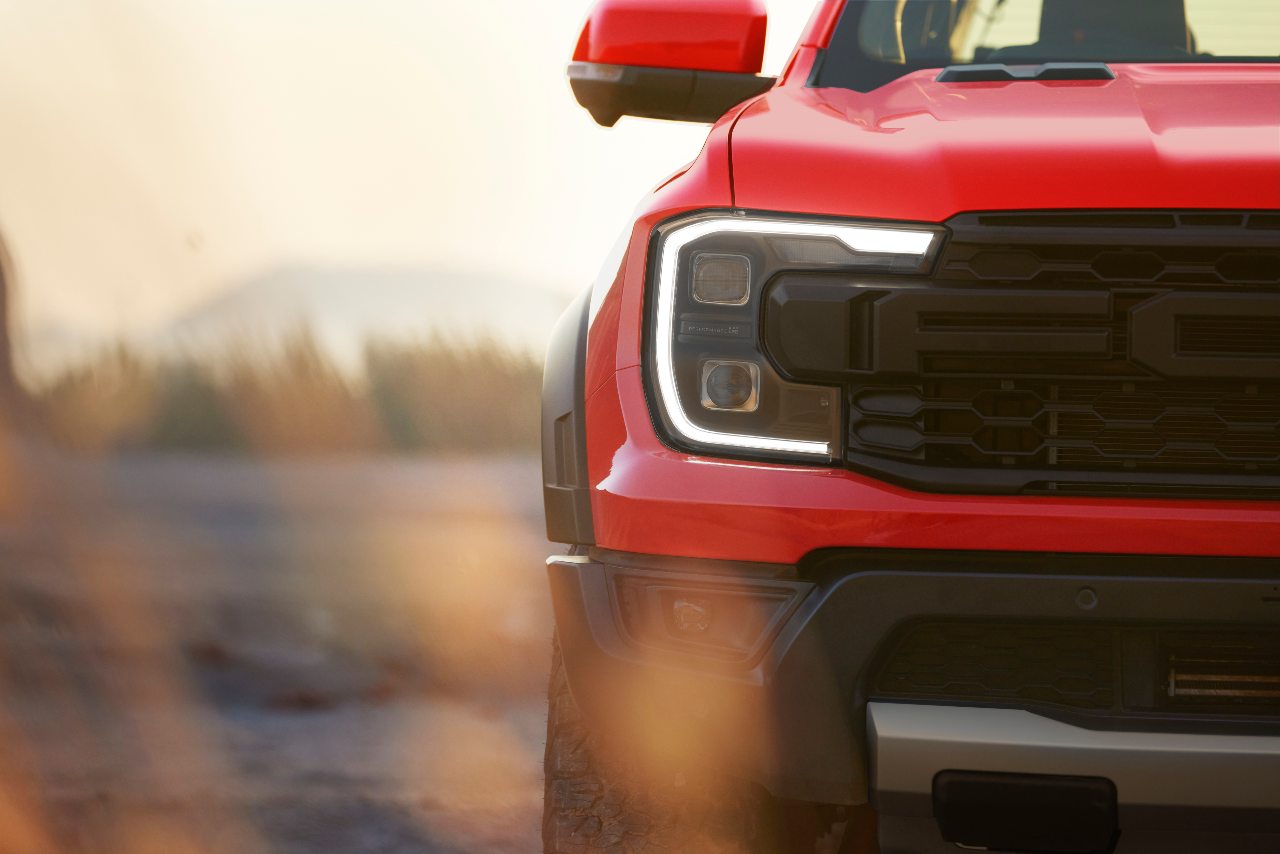We all know the saying: “A brand-new vehicle loses 40% of its value the second you drive it away.” It’s true that a vehicle loses value the more it's driven, but it doesn’t lose that much (even over its first year) & there are ways you can minimise it. Vanarama’s Tom Roberts takes an in-depth look at what causes vehicle depreciation & how to beat it.
Depreciation (or the loss of value) is an ever-present issue with vehicles. It’s a simple point of fact that the more a vehicle is driven & used, the less the van, pickup or car is worth. Depreciation refers explicitly to the difference between the price you paid for the vehicle new & what it’s worth when you come to sell it down the line.
An average vehicle will lose around 10-40% of its value in the first year & perhaps up to 50% over the first 3 years of its life. The general advice most industry groups offer is that if you choose a car that holds its value you’ll benefit from far larger savings over time than if you choose a vehicle that has high fuel economy.
But how does that make sense? Well, CAP Automotive has stated that fuel is always going to be your largest (& most constant) day-to-day running cost, but… depreciation will often cost a typical motorist 3 times as much money as they’d spent at the pumps! Food for thought.
What Affects A Vehicle’s Rate Of Depreciation?
The best way to answer this question is with a list, so let’s get going:
-
Size: Bigger vehicles depreciate much faster than smaller one - bigger vehicles tend to cost more to run, have higher bills for maintenance & their parts cost more.
-
Service history: A complete service history will add value to a vehicle, a patchy history will remove value.
-
Condition: Damage anywhere on the vehicle will remove value simply because no one wants to buy a damaged vehicle.
-
Number of previous owners: Less owners mean more value & less depreciation. The more people that have driven a vehicle in different ways can have a huge effect on the vehicle’s mechanical parts.
-
Mileage: Another simple one, but more miles on the clock significantly reduces a vehicle’s value. A good average miles per year is around 8-10,000 miles.
-
Vehicle reputation: Some vehicles have a good reputation, others don’t. The better a vehicle’s reputation, the higher its value will be. This is also true of vehicles seen as desirable - they’re value remains strong simply because people want to drive one.
-
Warranty length: If a vehicle is sold on with time left on its manufacturer’s warranty, it will positively affect its value.
-
Vehicle tax rate: If it costs a lot to tax a vehicle, it can decrease its value. The more fuel a vehicle consumes, the higher its tax rate usually is & the older a vehicle is the more tax you’re likely to pay.
How Does Depreciation Affect Leasing?
Simply put, depreciation massively affects leasing, but when you lease a vehicle you won’t have to worry about it. Leasing revolves almost entirely around how much a vehicle will be worth when your lease is over. Here’s how it all breaks down:
-
The vehicle you choose to lease is worth £30,000 new.
-
You want to lease it for 3 years, so a finance company works out how much the vehicle will be worth in 3 years time (if it's used properly & looked after).
-
The finance company establishes that the vehicle will be worth £20,000 in 3 years, so you will only pay £10,000 (the amount the vehicle depreciates in value) across the 3 years you drive it for.
-
You return the vehicle at the end of your lease & that’s it - you’ve paid to use the vehicle for the time you’ve had it with no need to worry about selling the vehicle & losing money.
When it’s put down in black & white, leasing clearly removes any worry drivers might have about vehicle depreciation. It’s just something you don’t have to worry about, but if leasing isn’t for you, I’ve got some tips to help you in the next section.
How Can You Decrease Vehicle Depreciation?
-
Lease: I know, I know, of course I’m going to say this. But it’s true, lease a vehicle & you won’t even have to worry about depreciation. You only pay for what you use, not everything else that comes after.
-
Maintain your vehicle: Make sure you get it MOTd, serviced & any maintenance work carried out when it’s needed.
-
Choose popular vehicle paint colours: You’d be surprised how much value a good colour will add to a used vehicle. Crazy colours will not.
-
Keep mileage low: As previously mentioned, more miles means more depreciation. Keep miles to a minimum to guarantee more value.
-
Don’t modify your vehicle too much: I’m talking crazy mods like spoilers & go-faster stripes. Anything that changes the vehicle too far from standard spec can have a negative impact on a vehicle’s value.
Looking for a new van? Check out our latest leasing deals. Also, don't forget to follow the latest automotive news by bookmarking the Vanarama blog.




